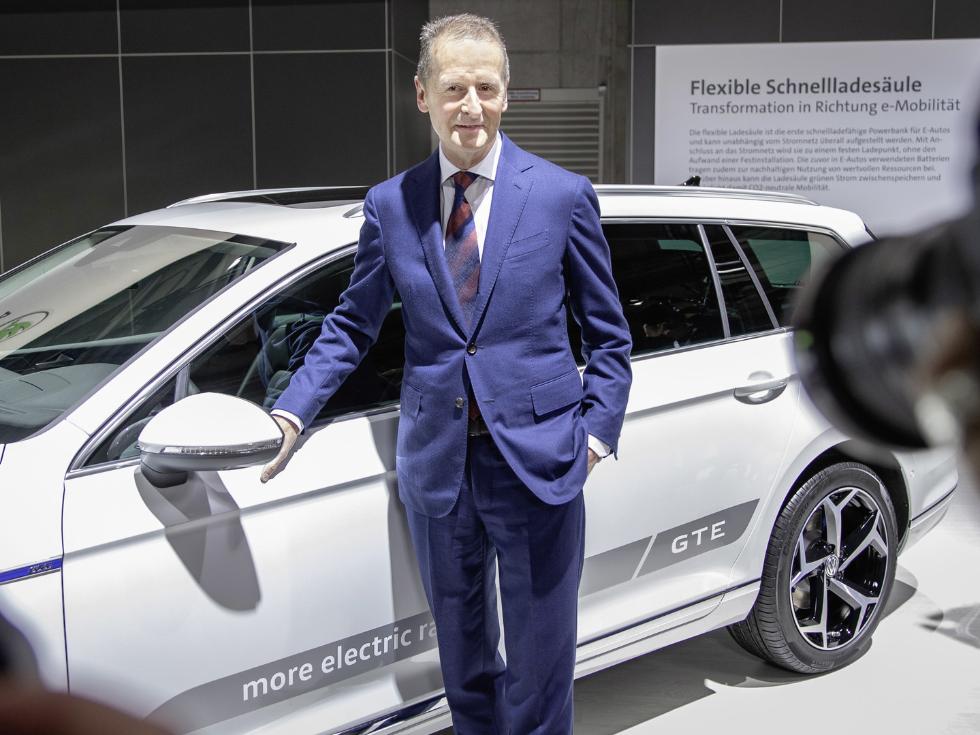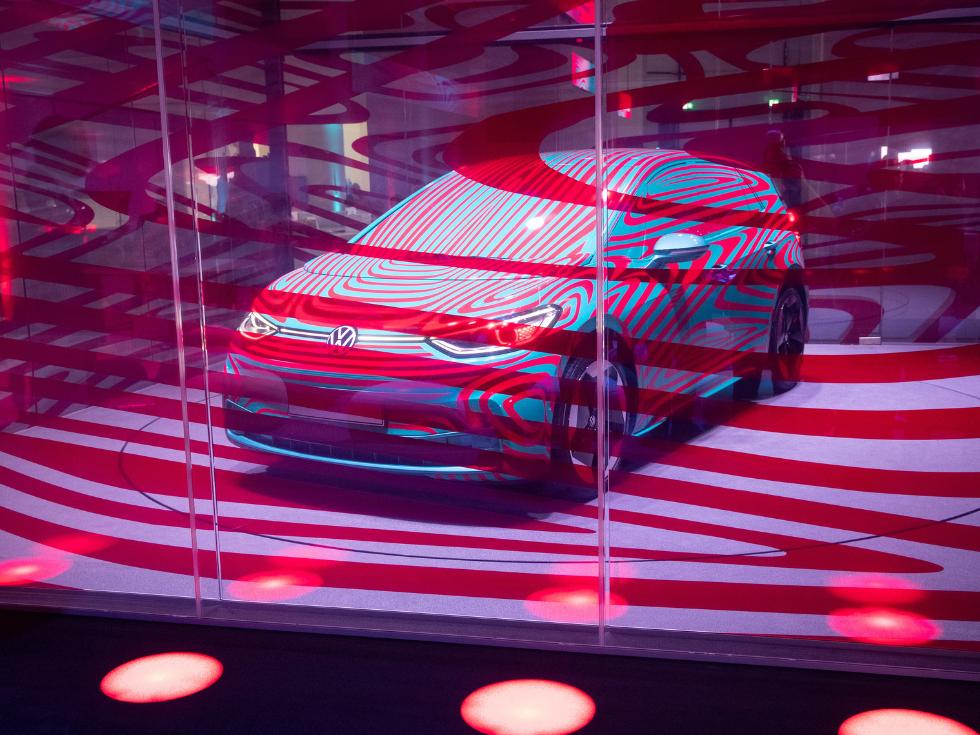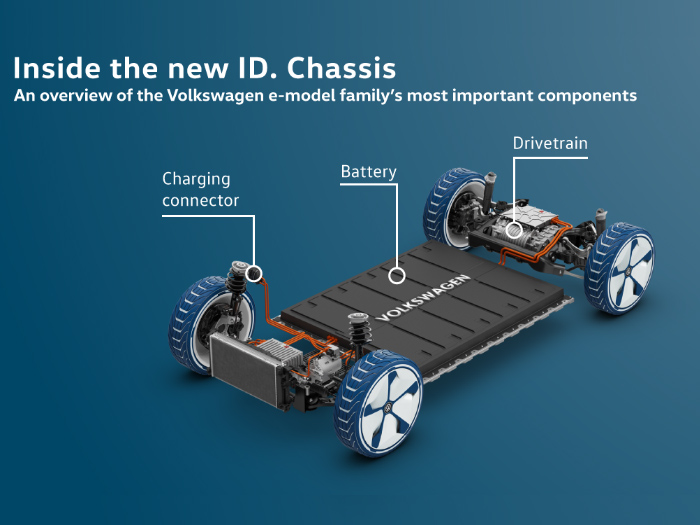Electric cars: the key for a zero-emissions future
The Volkswagen Group is accelerating towards full electric, with massive investments for cutting-edge technology and innovative products. What are the reasons behind this strategy?

“Electric mobility is by far the most efficient way to achieve decarbonisation, and thus is the key element in our CO2 strategy”. This is how Volkswagen CEO Dr. Herbert Diess summed up the Group's zero-emissions vision.
To achieve it, Volkswagen is moving ahead with the largest electric offensive in the history of the automotive industry: by 2023, the Group will have invested around thirty billion Euros in electric mobility. It is an important effort, to protect not just the environment, but also the long-term future of the company, because it is now clear that the electric car will be the key success factor in the automotive industry. Here’s why.
Electric cars and climate targets
Climate change is a fact. In the Paris Climate Agreement, the international community agreed to create a climate-neutral society by 2050. This also includes completely CO2 neutral traffic, a goal which can only be achieved with a high proportion of fully electric cars.
Governments’ emissions policies
Electric mobility is key to achieving the EU's required CO2 fleet average emissions target of 95 g/km by 2020. Manufacturers who exceed it will have to pay heavy fines, and by 2030, CO2 emissions from new cars must fall by a further 37.5 percent. Strict regulations also apply in the USA and China, with the latter also introducing an “e-quota”: anyone who does not meet this may no longer sell cars on the Chinese market.
A mature technology

In contrast to the hydrogen fuel cell, the battery-operated electric car is ready for the mass market. With ID.3, Volkswagen is bringing a car to market for the first time that offers very long ranges and achieves price parity with equivalent diesel models.
The expansion of the charging infrastructure is also developing continuously, both in the cities and along the major European motorways: IONITY, for example, will set up around 400 rapid charging stations in Europe by 2020. A fast charging station will be available every 120 kilometres.
China drives growth
China is the largest and most important automobile market in the world – and a driver of e-mobility. The Chinese government is, indeed, fully committed to electric mobility: more than half of all the electric cars worldwide are sold there. Chinese brands have now firmly established themselves and are increasingly aiming to expand internationally.
MEB: a solid starting point

The MEB platform, developed by the Volkswagen Group as a common basis for its future electric models, has unique features: it fully exploits the technological possibilities of the electric drive and optimises production costs, making electric cars affordable in the process. Thanks to the MEB, Volkswagen is therefore in a good starting position for the race against American and Chinese competitors.
Source: Volkswagen AG
